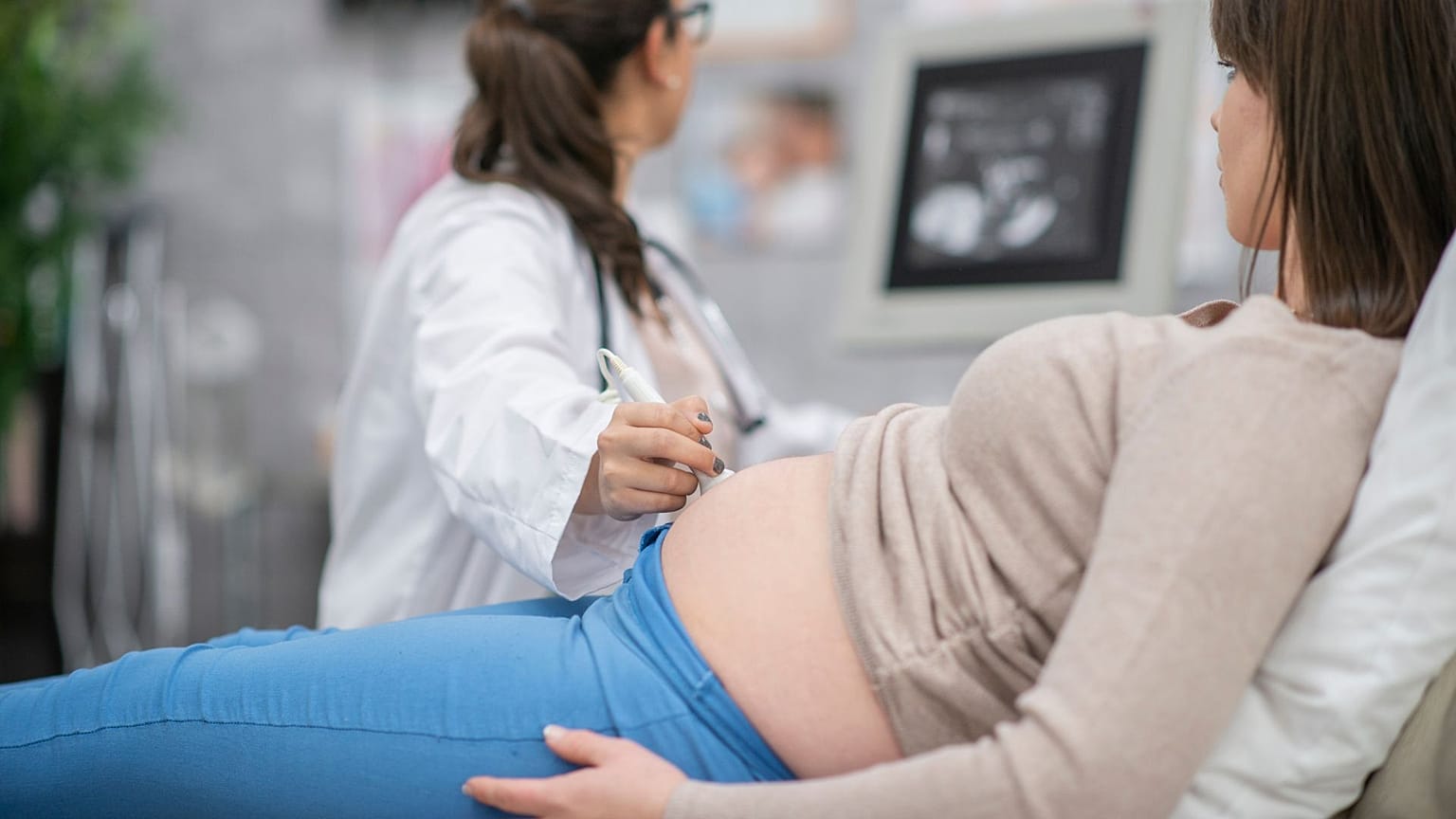Health
Delaying First Child Increases Risk of Postpartum Breast Cancer

Research indicates that having a first child after the age of 30 significantly elevates a woman’s risk of developing breast cancer. A study led by Weston Porter, a comparative oncology professor at Texas A&M University, reveals that women who give birth for the first time after reaching this age face a 40 per cent to 45 per cent increase in risk. This heightened risk is particularly concerning in relation to a specific type of breast cancer known as postpartum breast cancer, which occurs in women under 45 within a few years following childbirth.
Postpartum breast cancer is often more aggressive than other forms of the disease, underscoring the importance of early detection and specialized treatment. According to statistics, approximately one in eleven women in the European Union and one in seven women in the United Kingdom are affected by breast cancer. In 2022, the global incidence of breast cancer reached 2.3 million diagnoses, with 670,000 fatalities, as reported by the World Health Organization (WHO). The figures are expected to rise in the coming years, particularly among older women, who represent the majority of cases and deaths. However, around 3.9 per cent of breast cancer deaths in the EU occur in women under the age of 45.
Understanding the Biological Link
Research conducted by Porter investigates why the timing of a woman’s first pregnancy significantly influences breast cancer risk. His findings indicate that pregnancies occurring in a woman’s 30s lead to notable changes in immune responses within breast tissue. Specifically, he notes, “there is a change in the immune infiltration or inflammation that is occurring” during pregnancy and lactation phases.
The process known as involution—when a woman stops breastfeeding—also contributes to an influx of inflammatory cells, which can elevate breast cancer risk. By examining these biological changes, researchers aim to identify potential markers for early detection and treatment strategies.
Interestingly, while pregnancy and childbirth can increase breast cancer risk for first-time mothers in their 30s, they may also reduce the risk for older women. The new research suggests that the risks are most pronounced in the years immediately following pregnancy but may decrease over time.
The Impact of Childbirth and Breastfeeding
The number of children a woman has and her breastfeeding practices can further influence her breast cancer risk. A meta-analysis published in 2020, which examined data from over 50,000 women across 47 studies, found that each additional year of breastfeeding per child could lower breast cancer risk by over 50 per cent, decreasing from 6.3 to 2.7 cases per 100 women.
Given the increased risk associated with later pregnancies, Porter advises women who become mothers in their 30s to remain vigilant. He recommends regular mammograms and self-examinations to detect any lumps or abnormalities early. This proactive approach is essential for improving outcomes in women at higher risk for postpartum breast cancer.
-

 Top Stories3 months ago
Top Stories3 months agoTributes Surge for 9-Year-Old Leon Briody After Cancer Battle
-

 Entertainment4 months ago
Entertainment4 months agoAimee Osbourne Joins Family for Emotional Tribute to Ozzy
-

 Politics4 months ago
Politics4 months agoDanny Healy-Rae Considers Complaint After Altercation with Garda
-

 Top Stories4 months ago
Top Stories4 months agoIreland Enjoys Summer Heat as Hurricane Erin Approaches Atlantic
-

 World5 months ago
World5 months agoHawaii Commemorates 80 Years Since Hiroshima Bombing with Ceremony
-

 Top Stories3 months ago
Top Stories3 months agoNewcastle West Woman Patricia Foley Found Safe After Urgent Search
-

 Top Stories5 months ago
Top Stories5 months agoFianna Fáil TDs Urgently Consider Maire Geoghegan-Quinn for Presidency
-

 World5 months ago
World5 months agoCouple Convicted of Murdering Two-Year-Old Grandson in Wales
-

 World5 months ago
World5 months agoGaza Aid Distribution Tragedy: 20 Killed Amid Ongoing Violence
-

 World5 months ago
World5 months agoAristocrat Constance Marten and Partner Convicted of Infant Murder
-

 Top Stories4 months ago
Top Stories4 months agoClimbing Errigal: A Must-Do Summer Adventure in Donegal
-

 Top Stories4 months ago
Top Stories4 months agoHike Donegal’s Errigal Mountain NOW for Unforgettable Summer Views









